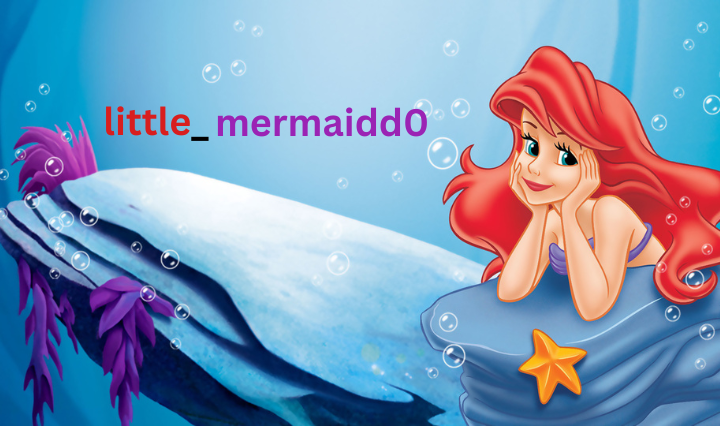Introduction to the Little Mermaid
The Tale of the little_mermaidd0
The little_mermaidd0, a beloved fairy tale, has captivated audiences for generations with its enchanting narrative and timeless themes. Originating from Danish author Hans Christian Andersen, this story explores the depths of love, sacrifice, and the quest for identity.
Origin and Background of little_mermaidd0
Hans Christian Andersen penned “The Little Mermaid” in 1837, drawing inspiration from his fascination with the sea and folklore. The tale follows the journey of a young mermaid named Ariel, who dreams of experiencing life on land and finding true love.
Themes in the little_mermaidd0 Story
Love and Sacrifice
Central to the narrative is the theme of love and sacrifice. Ariel’s longing for Prince Eric leads her to make a Faustian bargain with the sea witch, Ursula, sacrificing her voice for a chance at human love.
Identity and Transformation of little_mermaidd0
The story delves into themes of identity and transformation as Ariel navigates the transition from sea creature to human. Her desire to belong prompts her to undergo profound changes, highlighting the complexities of self-discovery.
Analysis of little_mermaidd0
Ariel – The little_mermaidd0
Ariel embodies curiosity and determination, yearning to explore the world beyond the ocean’s confines. Her courageous spirit and unwavering optimism resonate with audiences, making her a beloved protagonist.
Ursula – The Sea Witch
Ursula serves as the story’s antagonist, embodying deceit and manipulation. Her cunning nature and thirst for power pose a formidable challenge to Ariel’s pursuit of happiness, adding depth to the narrative.
The Impact of the Little Mermaid Story
Cultural Influence
“The Little Mermaid” has left an indelible mark on popular culture, inspiring numerous adaptations in literature, film, and theater. Its enduring popularity speaks to the universal appeal of its themes and characters.
Feminist Interpretations
The tale has sparked feminist interpretations, with scholars examining its portrayal of female agency and societal expectations. Ariel’s journey towards independence and self-empowerment resonates with contemporary audiences, fueling discussions on gender roles and autonomy.
Conclusion
“The Little Mermaid” continues to enchant audiences with its timeless tale of love, sacrifice, and self-discovery. Through its rich narrative and compelling characters, it reminds us of the enduring power of storytelling to captivate hearts and minds across generations.
FAQs
- Is “The Little Mermaid” based on a true story?
- While the tale has roots in folklore and mythology, it is a work of fiction created by Hans Christian Andersen.
- What lessons can be learned from “The Little Mermaid”?
- The story explores themes of love, sacrifice, and the importance of staying true to oneself.
- Are there any sequels or adaptations of “The Little Mermaid”?
- Yes, there have been various adaptations, including Disney’s animated film and Broadway musical.
- Why is “The Little Mermaid” considered a classic?
- Its universal themes, memorable characters, and enduring popularity contribute to its status as a classic fairy tale.
- What is the significance of Ariel’s voice in the story?
- Ariel’s voice symbolizes her identity and agency, highlighting the importance of self-expression and communication.


1 Comment
Pingback: Wave of Happy: Riding the Crest of Positive Emotions - thenewstime.co.uk